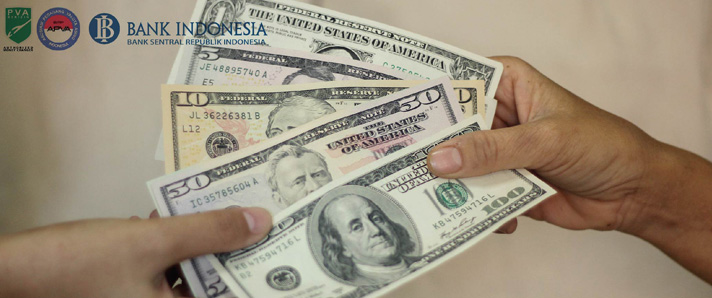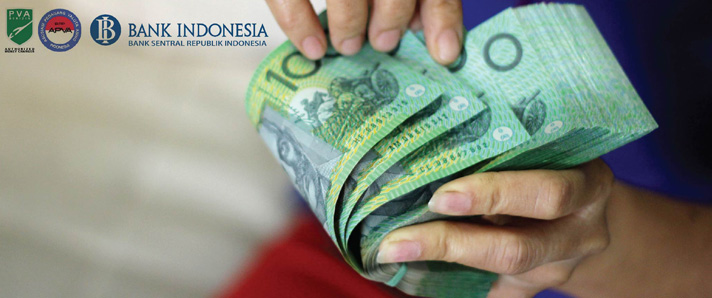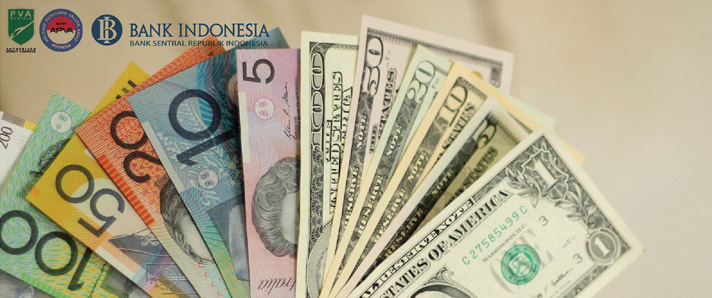Asian currencies tumble on multiple fear factors
ASIAN currencies are getting whacked chiefly on the back of a broad-based US dollar rally owing to rising interest rates but a new threat has set in lately with a slump in the Chinese yuan igniting fear that the trade war risk could also blow into a currency war.
The Chinese yuan - largely deemed a closely-monitored currency - has slid 3 per cent against the greenback this month alone. It hit a record low mid-week - and while a devalued yuan is good for Chinas export competitiveness, it could stir up further tensions with US President Donald Trump as the worlds two largest economies lock horns on tariffs.
China has been slammed by Mr Trump in the past for intentionally keeping its currency depressed as a weaker yuan makes Chinas huge exports attractive; with Chinas currency sliding lately amid the US-China trade spat, it has sparked speculation that Beijing could use it as a weapon to counter US tariff threats. The weaker yuan was also exacerbated by a leaked report from a Chinese government-backed think tank that warned of a potential financial panic in the worlds second largest economy.None of that is of course good for Asia and it showed. On Thursday, almost all Asian currencies slid including the Thai Baht, Malaysian ringgit, South Korean won and the Singapore dollar. The Indonesian rupiah - one of the regions worst performers this year despite the central banks move to raise rates twice in May to stabilise the exchange rate - fell the most followed by the Indian rupee which had plumbed a record low earlier in the day.Year-to-date, the Malaysian ringgit, deemed a commodity currency, is the lone man standing in the region and has notched up gains against the greenback. But as the ringgit slips and narrows the gains - it was trading at 0.25 per cent over the US dollar as at Thursday evening - some say it may not be long before the currency gives up those returns and joins the crowd.
According to a poll by Reuters, short bets on the yuan are at the highest since November 2016 on the fear that the trade spat could hurt the already slowing Chinese economy. If Beijing decides to launch retaliatory tariffs, it would be a further drag on global investor sentiments, spending and growth.
Centennial Asia Advisors chief executive and founding director Manu Bhaskaran expects the currencies to be under pressure as capital flight from emerging economies intensifies over time.
In a recent note published on Smartkarma, Mr Bhaskaran didnt rule out a wider correction if the current mini-tantrums expand into something more serious. By that he means if the Chinese economy weakens unexpectedly, or the geo-political or trade war risks deepen or there is a policy error - so far, this risk is low - by central banks in Asia that could undermine confidence.
The appetite for Asian assets has waned markedly since the US Federal Reserve hiked rates in the mid-June policy meeting and signalled that two more increases may be in the offing versus earlier dovish expectations for only one more in 2018.
In a shrinking liquidity environment, this could mean that risky asset classes such as those in emerging markets will be cut a lot less slack than before, said Mr Bhaskaran.
Since the Feds meeting, China has also cut the banks reserve requirement ratio again last Sunday which analysts say hastened the yuans depreciation this week to 6.60 - its weakest level since December.
This in turn has fuelled concerns that the US-China trade war could evolve into a currency war, according to DBS currency strategist Philip Wee. Investors have become increasingly disillusioned that 2018, unlike 2017, is not a year of sunshine without rain, he added.
Up until this week, the correction in Asian currencies has been less pronounced than regional equities despite the strengthening of the US dollar. The key stock indices in Singapore, Malaysia and Indonesia have lost between 6.2 per cent and 7.4 per cent in one month while other Asian benchmarks Hong Kong, Japan and South Korea are also in the red with China suffering the steepest loss of 11 per cent over the period.
A sustained level of local currency depreciation against the dollar can increase refinancing risk and default risk, said Moodys Investors Service in a recent report.
The slide in emerging markets currencies now begs the question on whether central banks will intervene in the market to protect their respective currency, be it in the form of direct intervention or higher rates, said Jameel Ahmad, FXTMs global head of currency strategy & market research.
He added: However, it should not be understated that what we are seeing in the FX market is a very broad-based dollar rally ... the main catalyst behind emerging market weakness. For as long as buying the dollar continues to be the trend, there is very little emerging markets can do to prevent weakness. Any break in emerging market currency weakness ahead could also be a temporary measure.
Source : Anita Gabriel
jul 28,2018
| Bank note current rate: | ||||||||||||||||||||||||||||||||||||||||||||||||||||||||||||||||||||||||||||||||||||||||||||||||||||||||
| ||||||||||||||||||||||||||||||||||||||||||||||||||||||||||||||||||||||||||||||||||||||||||||||||||||||||
|
||||||||||||||||||||||||||||||||||||||||||||||||||||||||||||||||||||||||||||||||||||||||||||||||||||||||
| Last Updated :31 Jan 2026 - 10:24 AM | ||||||||||||||||||||||||||||||||||||||||||||||||||||||||||||||||||||||||||||||||||||||||||||||||||||||||
| These are indicative rates. For actual exchange rates, please visit or call our outlets at (0361) 4741 940. We reserve the right to change the rates at any time without prior notice. | ||||||||||||||||||||||||||||||||||||||||||||||||||||||||||||||||||||||||||||||||||||||||||||||||||||||||
|
|
||||||||||||||||||||||||||||||||||||||||||||||||||||||||||||||||||||||||||||||||||||||||||||||||||||||||
|
Please Note : Central Kuta does not sell foreign currencies in small denominations. Please Contact us for further information. |
||||||||||||||||||||||||||||||||||||||||||||||||||||||||||||||||||||||||||||||||||||||||||||||||||||||||



































